Entry Category: State
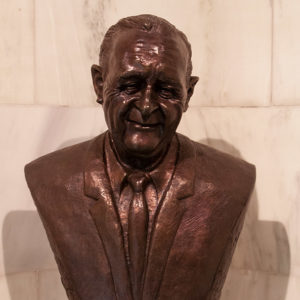 Faubus Bust
Faubus Bust
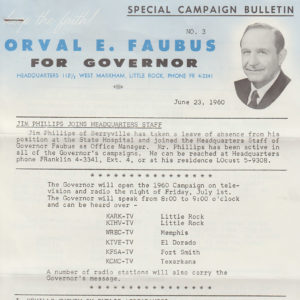 Faubus Newsletter
Faubus Newsletter
Faubus, Orval Eugene
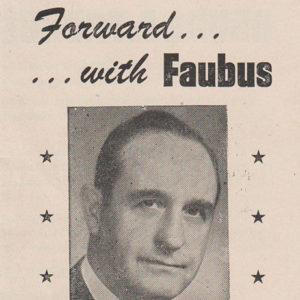 Faubus's First Campaign
Faubus's First Campaign
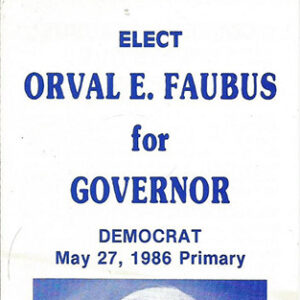 Faubus’s Final Campaign
Faubus’s Final Campaign
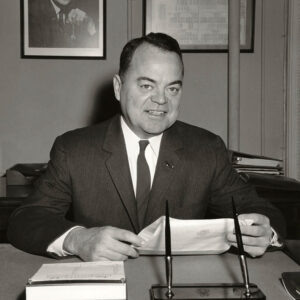 William F. Finan Jr.
William F. Finan Jr.
Finan, William F., Jr.
 Fingerling Stocking
Fingerling Stocking
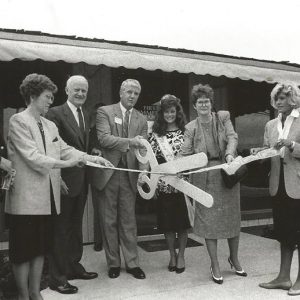 First Commercial Ribbon Cutting
First Commercial Ribbon Cutting
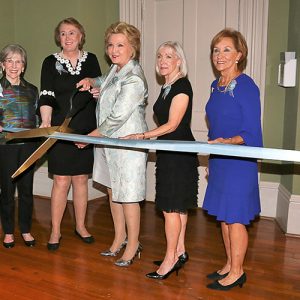 First Ladies Exhibit Grand Reopening
First Ladies Exhibit Grand Reopening
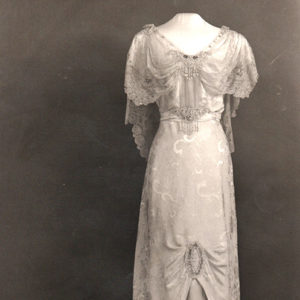 First Lady Gown
First Lady Gown
Fishback, William Meade
Fisher, Jimmie Lou
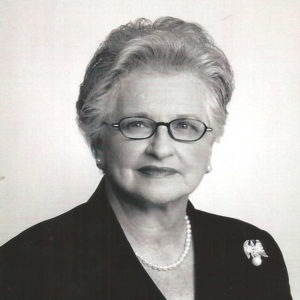 Jimmie Lou Fisher
Jimmie Lou Fisher
 Jimmie Lou Fisher
Jimmie Lou Fisher
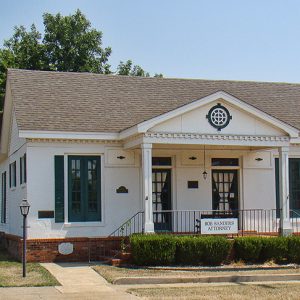 Flanagin Law Office
Flanagin Law Office
Flanagin, Harris
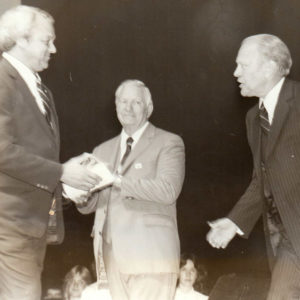 Ford Visit
Ford Visit
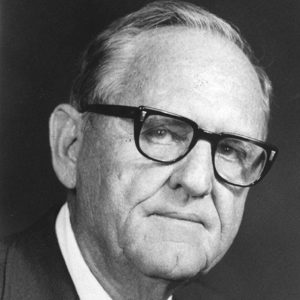 Arch Ford
Arch Ford
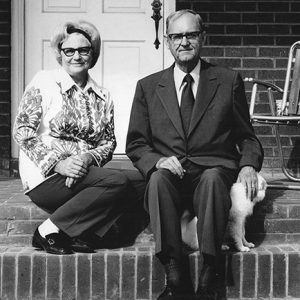 Arch and Ruby Ford
Arch and Ruby Ford
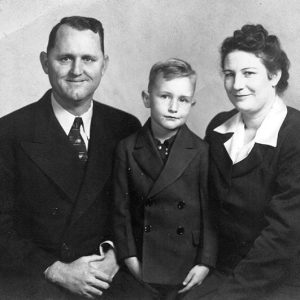 Ford Family
Ford Family
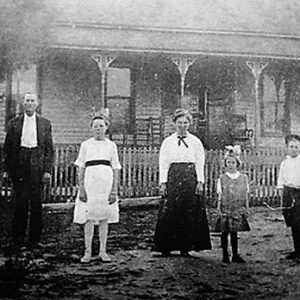 Ford House
Ford House
Frolich, Jacob
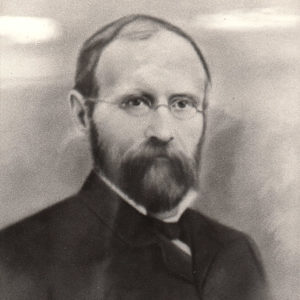 Jacob Frolich
Jacob Frolich
Fulks, Clay
Fulton, William Savin
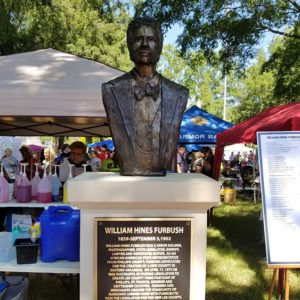 Furbush Bust
Furbush Bust
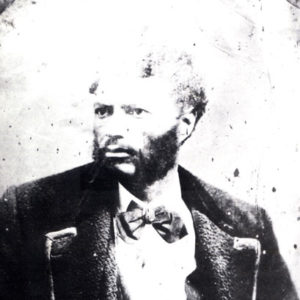 William Furbush
William Furbush
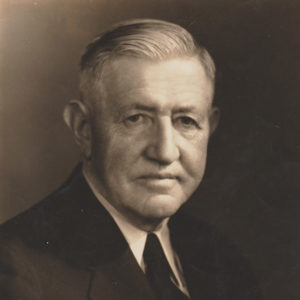 J. M. Futrell
J. M. Futrell
Futrell, Junius Marion
aka: J. Marion Futrell
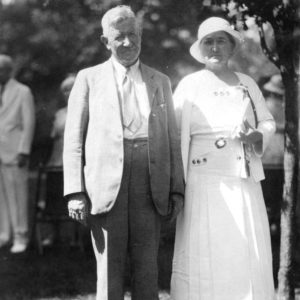 Futrells
Futrells
Garland, Augustus Hill
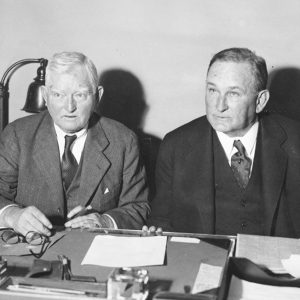 Garner and Robinson
Garner and Robinson
General Improvement Fund
Gentry, Thomas Jefferson
Gibson, Lorenzo
Glascock, Darrell
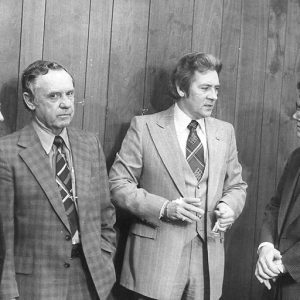 Bobby Glover
Bobby Glover
 Gordon Campaign Letter
Gordon Campaign Letter
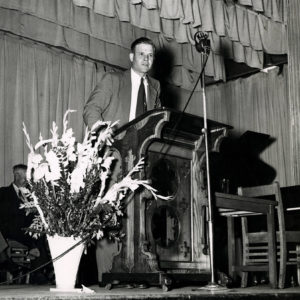 Nathan Gordon
Nathan Gordon
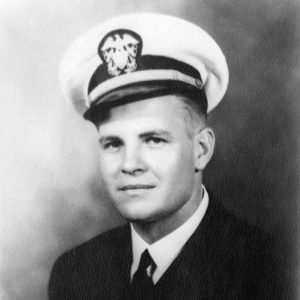 Nathan Gordon
Nathan Gordon
 Nathan and Virginia Gordon
Nathan and Virginia Gordon
Gordon, Nathan Green
 Nathan Gordon Receiving the Medal of Honor
Nathan Gordon Receiving the Medal of Honor
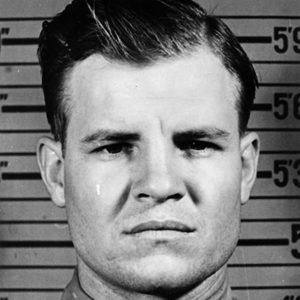 Nathan Gordon
Nathan Gordon
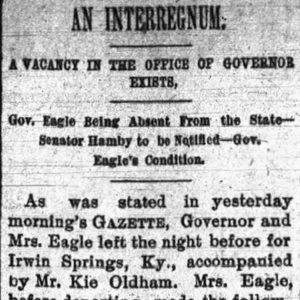 Governor Vacancy Article
Governor Vacancy Article
Governor, Office of the
Governor’s Mansion
aka: Arkansas Governor's Mansion
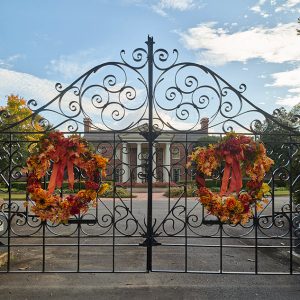 Governor's Mansion Gate
Governor's Mansion Gate




